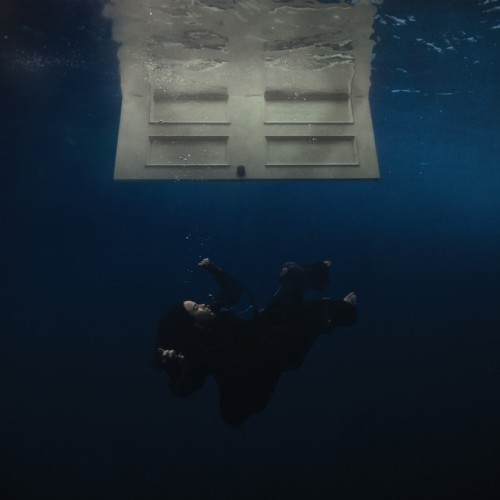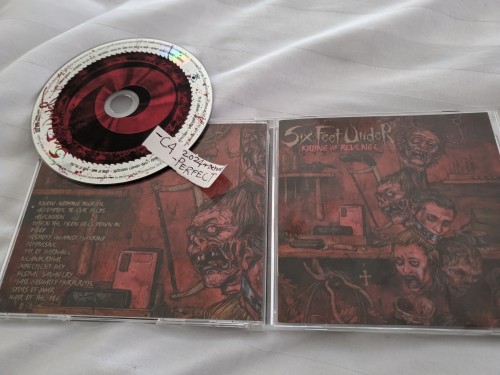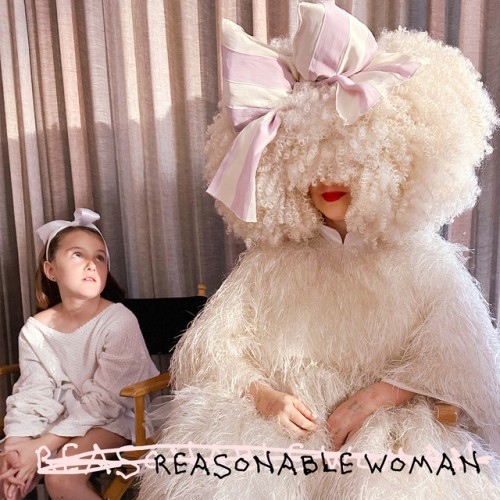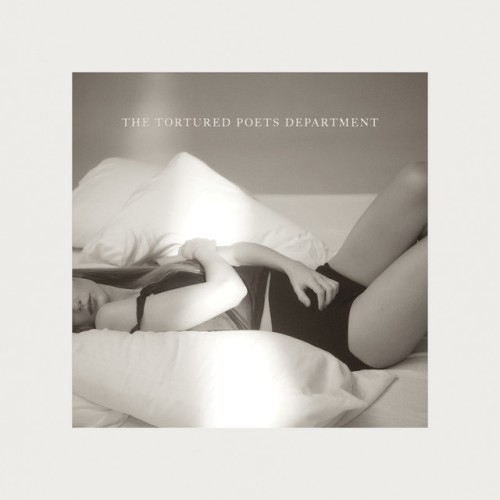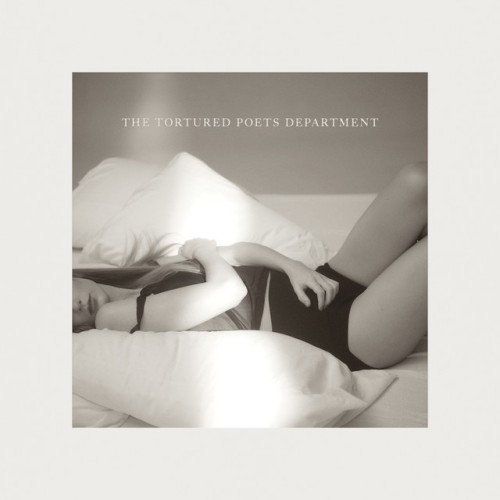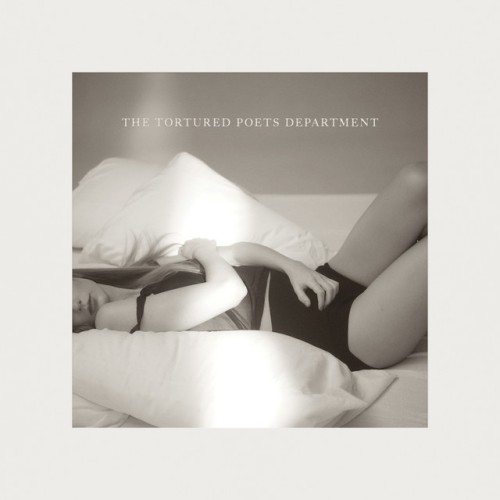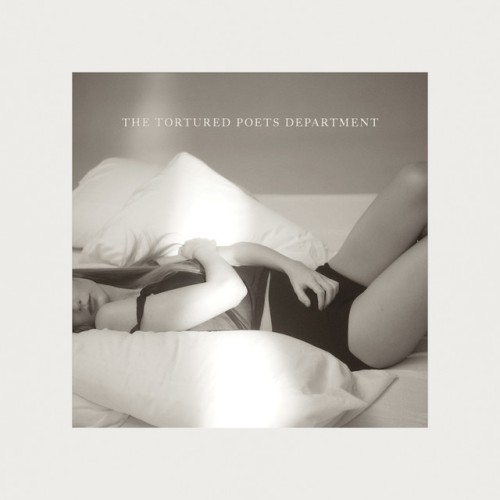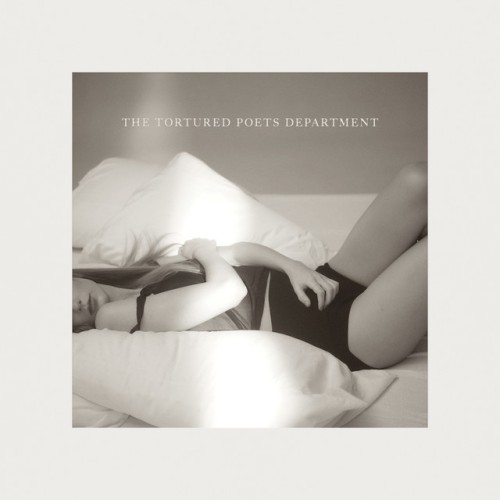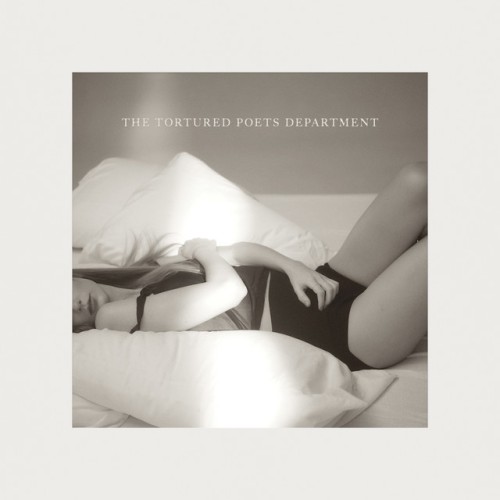![Florian Helgath, Ruhr ChorWerk - Heinrich Schütz: Musikalische Exequien & Nikolaus Brass: Voices (2022) [Official Digital Download 24bit/96kHz] Download](https://i0.wp.com/imghd.xyz/images/2022/11/27/rrh27dzkaqf1a_600.jpg?resize=500%2C500&ssl=1)
Florian Helgath, Ruhr ChorWerk – Heinrich Schütz: Musikalische Exequien & Nikolaus Brass: Voices (2022)
FLAC (tracks) 24 bit/96 kHz | Time – 56:44 minutes | 968 MB | Genre: Classical
Studio Masters, Official Digital Download | Digital Booklet, Front Cover | © Coviello Classics
The encounter of different epochs is often the decisive moment of tension in music programmes. Chorwerk Ruhr chooses a particularly original path in its latest prank: a central work by Heinrich Schütz is juxtaposed with what Nikolaus Brass, born in 1949, develops from his encounter with the work of arguably the greatest German vocal composer of the early Baroque. Schütz’s Musikalische Exequien, a three-part funeral music with German text from 1637, vividly depicts suffering and death, but in accordance with Christian doctrine also gives great space to the certainty of salvation. Nikolaus Brass, as he says, conscious of this certainty, interrogates the music of his revered colleague and responds partly with almost verbatim quotations, partly with strongly contrasting passages from his works Voices 1 and Voices 2. In this new production, these two frame the Exequien as a large central work, again framed by two Schütz mottoes, so that a symmetrical overall arrangement is formed.
(more…)

Peter Kofler, Florian Helgath, Chorwerk Ruhr – Als ob mich Engel riefen. Choral Music by Johannes Brahms (2023)
FLAC (tracks) 24 bit/96 kHz | Time – 01:07:03 minutes | 1,13 GB | Genre: Classical
Studio Masters, Official Digital Download | Front Cover | © Coviello Classics
The genre accompanied him for almost his entire creative career: the sacred choral song op. 30 was written by the 23-year-old Johannes Brahms in 1856, the Fünf Gesänge for mixed choir a cappella are his late legacy in the field of secular choral song, composed between 1886 and 1888. In between lie the Drei Gesänge, composed at a time when Brahms was also very practically involved with choral singing as a choirmaster, then the Sieben Lieder for four to eight-part choir and finally his large-scale Mottete op. 74, No. 1 Warum ist das Licht gegeben from 1877 and the sister work O Heiland, reiß die Himmel auf op. 74 No. 2. Over the course of more than 30 years, the composer showed a fascinating development which – of course always in the most demanding style – led from the romantic opulence of the six- to eight-part movement to more reduced austerity. Chorwerk Ruhr traces this development with fascinating intensity.
Read more
Zürcher Sing-Akademie, Zürcher Kammerphilharmonie, Florian Helgath, Zürcher Sing-Akademie – Fritz Stüssi, A Swiss Romantic (2023)
FLAC (tracks) 24 bit/96 kHz | Time – 01:00:17 minutes | 1,09 GB | Genre: Classical
Studio Masters, Official Digital Download | Front Cover | © Claves Records
Fritz Stüssi (1874 – 1923) attended the Gymnasium in Zurich as well as the Zurich Music School, from which he graduated as a pianist and composer.
He then continued his studies at the Royal Academy of Music in Berlin (counterpoint with Reinhold Succo, composition with Max Bruch).
After his return to Switzerland, Stüssi took over the direction of various choirs in Wädenswil, where he also took up residence in 1898. In 1902 he was elected organist and from then on had a lasting influence on musical events in and around Wädenswil. Stüssi’s oratorio “Vergehen und Auferstehen” was performed in 1914 and the “28th Psalm” in 1921. Between 1898 and 1912, Stüssi also took over the direction of other choirs and orchestras in Uster, Männedorf, Rapperswil, Lachen, Richterswil, Thalwil and Zurich. He was thus a kind of music king around Lake Zurich.
Read more
Florian Helgath & Zürcher Sing-Akademie – Herzblut: Swiss A Cappella Music (2022)
FLAC (tracks) 24 bit/96 kHz | Time – 01:05:16 minutes | 1,14 GB | Genre: Classical
Studio Masters, Official Digital Download | Front Cover | © Claves Records
With its first own recording of a cappella repertoire, the Zurcher Sing- Akademie reveals its musical and emotional identity and opens the door to the unique Swiss musical landscape. HERZBLUT provides an insight into the multifaceted work of Swiss composers, from the Romantic period to the present day.
The programme presents works deeply rooted in the Swiss cultural heritage. It enables the 32-member vocal ensemble to remarkably deploy its transparent and warm sound.
But above all, HERZBLUT embarks listeners on a journey into their inner selves, that infinitely rich and fragile world to which little attention is paid in everyday life. Yet it is precisely these delicate sounds that show us who we are and where we come from. We only need to listen.
Read more
Capella De La Torre, Chorwerk Ruhr & Florian Helgath – Bodenschätze (Motetten aus dem 17. Jahrhundert) (2021)
FLAC (tracks) 24 bit/96 kHz | Time – 01:12:31 minutes | 1,40 GB | Genre: Classical
Studio Masters, Official Digital Download | Front Cover | © Coviello Classics
The great “composer of the millennium” Johann Sebastian Bach stands like a solitary rock in the landscape of music history. There is less talk about where he came from and what influenced him stylistically. Chorwerk Ruhr embarked on a search for clues with highly interesting results: the young Johann Sebastian also listened to and studied works that were already around 100 years old. In any case, during his later years as Thomaskantor in Leipzig, he ensured that the collection of motets Florilegium selectissimarum Cantionum was purchased anew – it was used so frequently in lessons under his aegis that the music material was completely worn out. The collection by the early Baroque master and school cantor Erhard Bodenschatz, first published in 1603, illustrates the then new compositional technique of the Baroque in a clearly comprehensible way in songs mostly by German or Italian masters.
Read more





